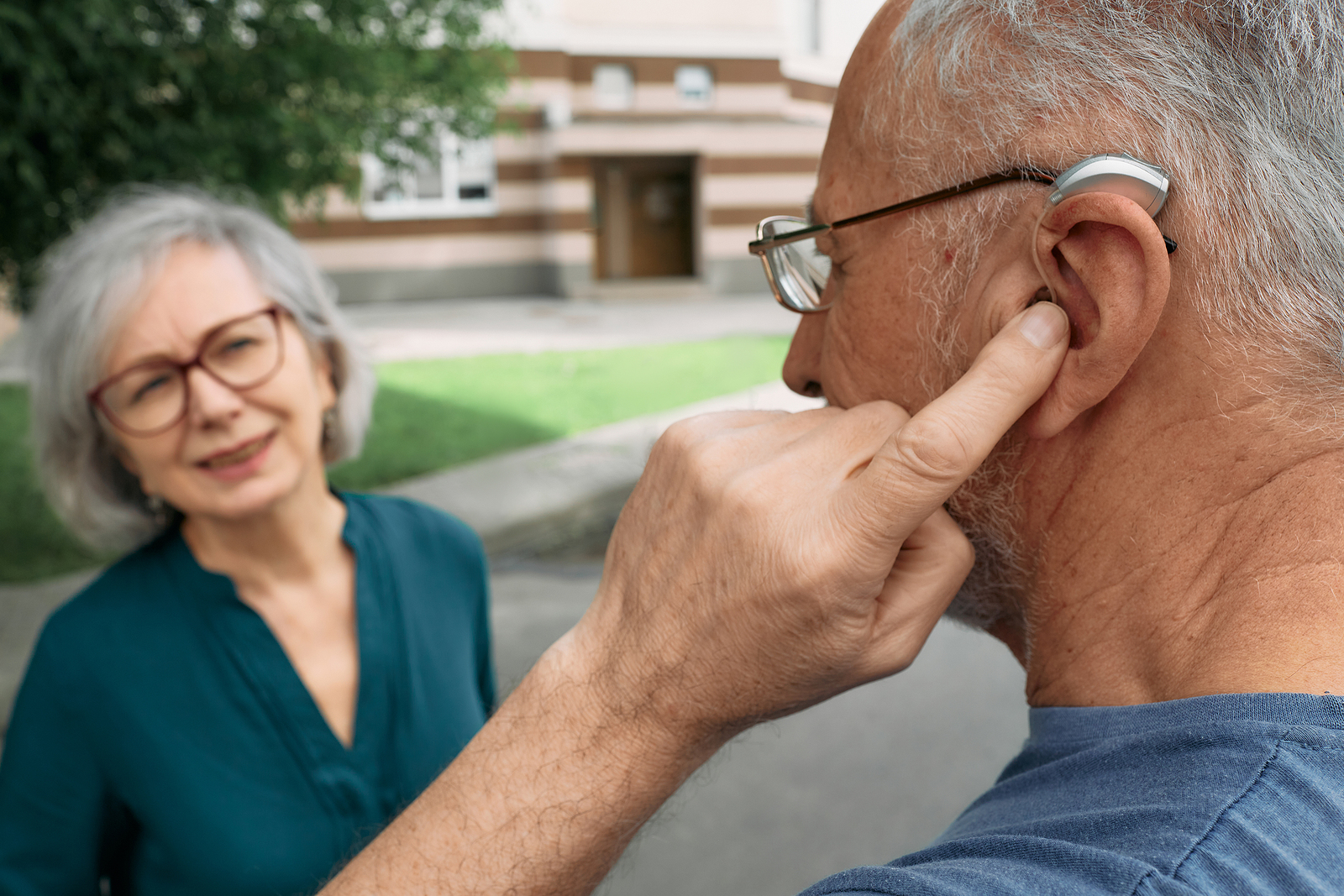Home Care Assistance Advice on Understanding Hearing Loss

Hearing Loss: Home Care Assistance Prince William County VA
Hearing impairment is a widespread condition that influences the lives of millions of individuals all over the world. It can potentially have a significant bearing on an individual’s quality of life by impairing their capacity to interact with the world around them and communicate with others. This is particularly true for seniors. It is essential to understand the different types of hearing loss to facilitate early detection, effective treatment, and general improvement in the well-being of those affected. It’s also important to understand what role loved ones and having home care assistance can play.
Types of Hearing Loss
There are two main types of hearing loss and a mixed type that combines the two. For seniors, sensorineural hearing loss is the one that typically affects them the most. For an accurate understanding of hearing loss, it’s essential for seniors with home care assistance to document when they have the most hearing difficulty and provide medical specialists with that information when they receive their hearing evaluation.
Conductive Hearing Loss
Conductive hearing loss is when sound waves are unable to properly flow through the outside or middle ear to reach the inner ear. This can happen when the outer or middle ear is damaged. Ear infections, fluid collection in the middle ear, obstructions caused by wax or foreign objects, and abnormalities in the structure of the ear are common reasons. Conductive hearing loss is curable in the vast majority of instances, whether by medical interventions or surgical operations.
Sensorineural Hearing Loss
Sensorineural hearing loss is the most prevalent form of hearing loss. It is caused by injury to the auditory nerve pathways or the inner ear, both of which are responsible for transmitting sound information to the brain. Several factors can contribute to sensorineural hearing loss, including aging, extended exposure to loud noises, genetic factors, head injuries, and some medications.
Hearing aids or cochlear implants are two therapy options that may be considered for this type of hearing loss, which is often irreversible.
Mixed Hearing Loss
Conductive and sensorineural hearing loss are both components of what is known as mixed hearing loss, which is a combination of the two. It manifests itself when a person has issues with both the outer or middle ear as well as the inner ear or the auditory nerve pathways. In some cases, genetic predisposition, infections, or traumatic experiences might combine to cause a hearing impairment that is best described as mixed. The severity of the ailment and the factors that led to its development can influence the treatment options that are available.
Helping Seniors Determine What Type of Hearing Loss They Have
There is only one true way for seniors to know what type of hearing loss they have: to receive an evaluation and diagnosis from a qualified professional. In the meantime, loved ones can provide seniors with home care assistance that can support them as they navigate the changes that hearing loss can bring. This is particularly essential when seniors comment they can’t hear sounds like sirens, the phone ringing, or the smoke detector, as missing those alerts might affect their safety.
When seniors receive the support and treatment they need, they are better able to handle hearing loss and are more likely to remain engaged in the activities they once loved.
If you or an aging loved one are considering hiring Home Care Assistance in Prince William County, VA, please contact the caring staff at LivinRite Home Care. Call Us Today at (703) 634-9991. Serving Northern Virginia, The Valley, and Surrounding Communities.
Source 1 / Source 2 / Source 3
- Can Physical Therapy Help Seniors Learn How to Fall Safely? - March 27, 2025
- Senior Home Care Helps Keep Aging Adults Safe in the Kitchen - March 11, 2025
- How Does Hearing Loss Impact Seniors? - February 26, 2025
